What Plants Keep Mosquitoes Away?
- February 9, 2024
- 0 comment
Discover plants that repel mosquitoes naturally! Lavender, citronella, marigold, and basil offer eco-friendly protection for your garden. In our quest for a serene and mosquito-free outdoor space, nature offers its own set of solutions. From the soothing aroma of lavender to the citrusy scent of citronella, marigold’s vibrant blooms, and basil’s culinary charm, certain plants double as natural mosquito repellents.
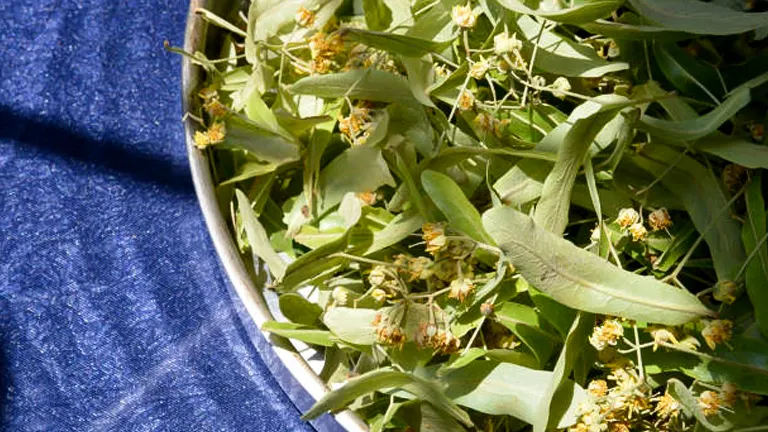
This guide explores how integrating these eco-friendly guardians into your garden not only enhances its beauty but also fortifies your sanctuary against these unwelcome guests, inviting tranquility and protection into your green haven.
List on What Plants Keep Mosquitoes Away
- Lavender (Lavandula)
- Citronella Grass (Cymbopogon nardus)
- Marigolds (Tagetes)
- Basil (Ocimum basilicum)
- Catnip (Nepeta cataria)
The Science Behind Plants Repelling Mosquitoes
Plants have evolved to produce a variety of compounds to protect themselves from pests, including mosquitoes. These compounds, often essential oils found in the leaves, stems, and flowers, emit scents that mosquitoes find repulsive. For instance, citronellal, found in citronella grass, and eugenol, present in basil, interfere with mosquitoes’ ability to smell, which is crucial for them to locate their next meal—us.
Top Plants That Repel Mosquitoes
Lavender (Lavandula)
Lavender, with its soothing, aromatic flowers, is not only admired for its beauty and scent but also for its ability to repel mosquitoes.
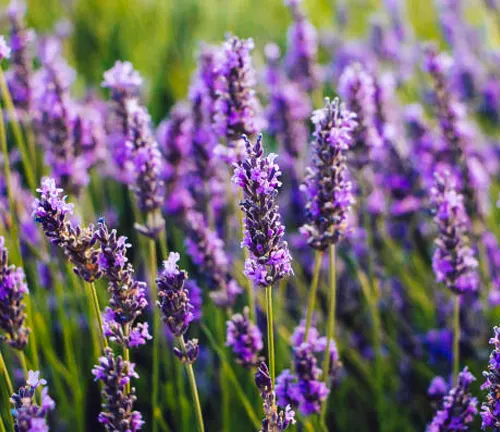
- How It Repels Mosquitoes: The plant’s essential oils, linalool, and linalyl acetate, are highly effective in warding off these insects. Lavender oil disrupts the mosquito’s olfactory system, deterring them from the area.
- Growing Conditions: Thrives in full sun and well-drained soil. Lavender is drought-resistant, making it a perfect plant for low-water gardens.
- Placement Tips: Plant lavender in sunny borders, garden beds, or containers near seating areas or windows to keep mosquitoes away.
Citronella Grass (Cymbopogon nardus)
Known for its strong citrus scent, citronella grass is the most common natural ingredient in mosquito repellents.
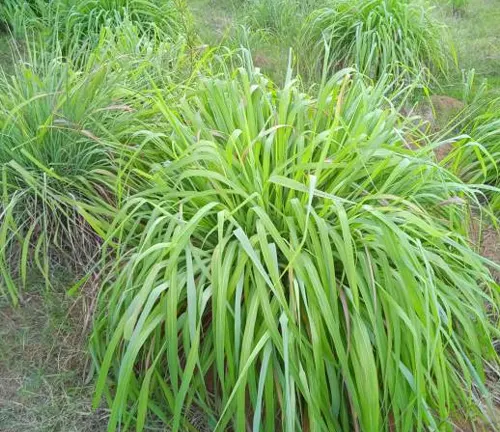
- How It Repels Mosquitoes: The grass emits citronellal, an essential oil that masks scents attractive to mosquitoes, effectively reducing their ability to find hosts.
- Growing Conditions: Prefers full sun and well-drained soil. It is a tropical plant and needs protection from frost.
- Placement Tips: Plant citronella grass in pots around patios or along walkways where its scent can be released when people brush against it.
Marigolds (Tagetes)
Marigolds are not only known for their bright and cheerful blooms but also for their ability to repel mosquitoes. They contain pyrethrum, a compound used in many insect repellents.
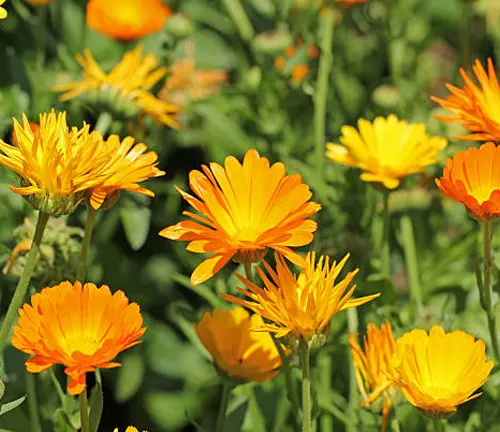
- How It Repels Mosquitoes: Pyrethrum interferes with the nervous system of mosquitoes and other insects, effectively keeping them at bay.
- Growing Conditions: Marigolds thrive in full sun and can tolerate a variety of soil types, as long as it is well-drained. They are easy to grow and can be a great addition to any garden.
- Placement Tips: Plant marigolds in borders, garden beds, or containers near entryways and seating areas to maximize their repellent effect.
Basil (Ocimum basilicum)
Basil, a beloved culinary herb, is also effective in repelling mosquitoes. Its leaves contain essential oils like eugenol, which mosquitoes find unpleasant.
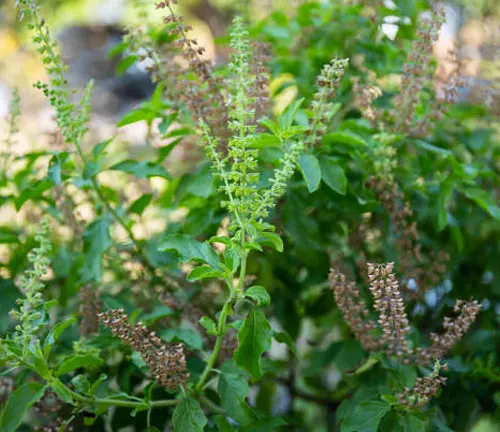
- How It Repels Mosquitoes: The strong scent of basil’s essential oils masks other attractants, making it harder for mosquitoes to locate their targets.
- Growing Conditions: Basil prefers warm temperatures and moist, well-drained soil. It can be grown in the ground or in containers, making it suitable for a variety of garden settings.
- Placement Tips: Keep pots of basil on windowsills, porches, or patios, where its scent can deter mosquitoes. It also makes a handy addition to kitchen gardens.
Catnip (Nepeta cataria)
Surprisingly, catnip is not just for cats. It’s been found to be more effective than DEET in repelling mosquitoes, thanks to the compound nepetalactone.
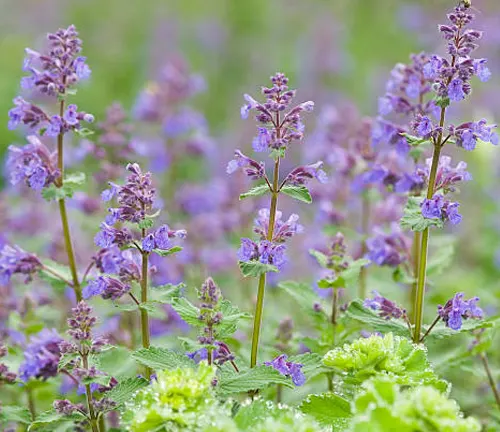
- How It Repels Mosquitoes: Nepetalactone is a powerful mosquito repellent. It can be found in the leaves and stems of the catnip plant, warding off mosquitoes more effectively than many synthetic repellents.
- Growing Conditions: Catnip is a hardy, drought-tolerant plant that thrives in full sun to partial shade and well-drained soil.
- Placement Tips: Plant catnip in garden borders or containers. However, be mindful of its invasive nature and the potential to attract cats to your garden.
Comparative Analysis of Plant-Based Mosquito Repellent Compounds
Plants deploy an arsenal of volatile organic compounds (VOCs) as a defense mechanism against herbivores and pests, including mosquitoes. These VOCs, which include a variety of essential oils, serve multiple ecological functions, from attracting pollinators to deterring herbivores and pathogens. When it comes to repelling mosquitoes, these compounds are particularly effective due to their impact on the olfactory receptors of mosquitoes, disrupting their host-seeking behavior.
| Compound | Plant Source | Repellency Rate | Effective Duration | Mode of Action | Ecological Impact | Safety for Human Use |
|---|---|---|---|---|---|---|
| Citronellal | Citronella Grass | Up to 75% | 2-4 hours | Masks olfactory cues | Low; promotes biodiversity | Generally safe; skin irritation in sensitive individuals |
| Eugenol | Basil, Clove | Variable, up to 80% | 2-3 hours | Neurotransmitter interference | Minimal; beneficial to plant health | Safe; recognized as a food additive by FDA |
| Linalool | Lavender | Up to 93% | 4-5 hours | Disorients olfactory receptors | Positive; supports pollinators | Generally safe; excessive inhalation can cause discomfort |
| Geraniol | Geranium, Lemon Balm | Better than DEET in short-term | 1-2 hours | Blocks olfactory detection | Moderate; attracts beneficial insects | Safe when used as directed; avoid contact with eyes and mucous membranes |
| Alpha-pinene | Pine, Rosemary | Up to 65% | 1-3 hours | Disrupts scent trails | Beneficial; antifungal properties | Safe; widely used in aromatherapy |
| Citral | Lemongrass, Lemon Myrtle | Up to 70% | 2-3 hours | Masks human scents | Low impact; encourages diverse insect populations | Considered safe; may irritate skin in high concentrations |
| Icaridin | Synthetic (inspired by natural compounds in plants) | Up to 85% | 8-10 hours | Inhibits olfactory receptors | Minimal; designed to be eco-friendly | Very safe; recommended by WHO for all ages |
Nature has its own effective ways to deal with pests. By using certain smells to confuse or repel mosquitoes, plants like citronella, lavender, and basil offer us a natural option for keeping our spaces mosquito-free. What’s more, these plant-based solutions are generally safe for us and the environment, and ongoing research is finding even better ways to use them. This information tells us that turning to nature for mosquito control is not only smart but also safe and sustainable, offering promising paths for future pest management strategies.
Maintenance and Care Tips for Mosquito-Repellent Plants
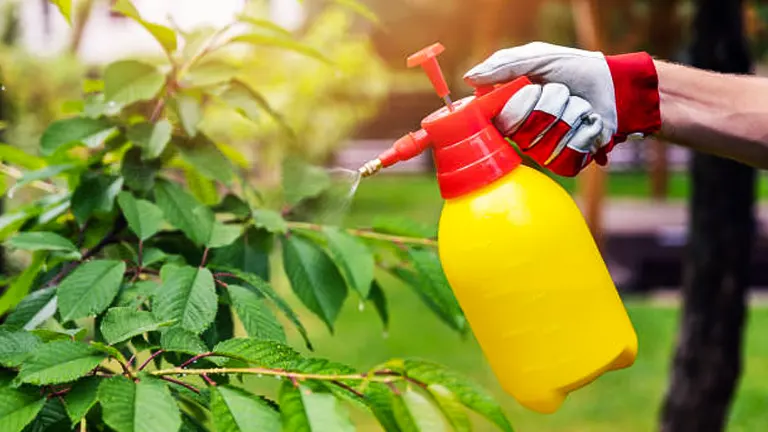
Proper maintenance is key to ensuring that your mosquito-repellent plants grow healthy and strong, maximizing their aromatic properties that deter mosquitoes. Here are some general care tips:
- Watering: Most mosquito-repellent plants prefer well-drained soil and should not be overwatered. Allow the soil to dry out slightly between waterings.
- Sunlight: These plants generally thrive in full sun but check specific requirements for each plant. Six to eight hours of direct sunlight is beneficial for most.
- Pruning: Regular pruning encourages growth and prevents plants from becoming leggy or overgrown. For herbs like basil, pinching off the tips can promote a bushier plant.
- Fertilization: Use a balanced, slow-release fertilizer at the beginning of the growing season to support healthy growth. Over-fertilizing, especially with nitrogen-rich fertilizers, can dilute the concentration of essential oils in the plants, reducing their repellent effectiveness.
Safety Considerations
While growing mosquito-repellent plants is generally safe, it’s important to consider the following:
- Pet Safety: Most plants mentioned are safe for pets, but it’s always best to research and ensure that any plant you introduce to your garden or home won’t harm your furry friends.
- Children: Teach children not to ingest garden plants. While many herbs are edible, it’s crucial to supervise young children around the garden.
Making Natural Mosquito Repellents from Your Garden
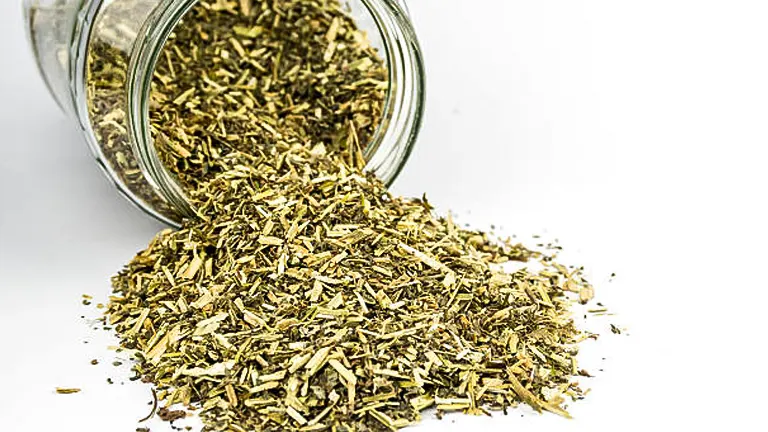
Beyond their presence in the garden, you can harness the power of these plants by creating homemade mosquito repellent sprays or oils:
- Herb Infused Oils: Soak dried lavender, basil, or catnip leaves in a carrier oil such as almond or jojoba oil for a few weeks, then strain. Apply the oil lightly to skin or clothing.
- Plant-Based Mosquito Repellent Spray: Boil a handful of crushed leaves from repellent plants in a cup of water. Let it cool, then strain into a spray bottle. Add a few drops of essential oil for extra potency. Always patch test homemade sprays on a small area of skin first to ensure there’s no irritation.
Environmental Impact
Opting for natural mosquito control methods is not only beneficial for your health and comfort but also for the environment. Chemical repellents can contain substances harmful to wildlife and aquatic life if they enter waterways. By choosing plants as a natural deterrent, you contribute to biodiversity, support pollinators, and reduce your chemical footprint.
Benefits of Mosquito-Repellent Plants
- Natural Repellent Utilizing plants as mosquito repellents is a natural method that avoids the need for chemical insecticides. These plants contain specific oils and scents that mosquitoes find unpleasant, effectively keeping them at bay without harming the environment. Unlike synthetic repellents, which can contain DEET or other harsh chemicals, plant-based options offer a gentler alternative, reducing potential health risks associated with long-term chemical exposure.
- Eco-Friendly Incorporating mosquito-repelling plants into gardens and outdoor spaces contributes to ecological balance. These plants often attract beneficial insects, such as bees and butterflies, which are crucial for pollination, while deterring pests. This method of pest control minimizes the ecological footprint compared to conventional repellents, promoting biodiversity and supporting ecosystem health.
- Aesthetic Appeal Many mosquito-repelling plants, such as lavender, marigolds, and citronella, are not only functional but also visually appealing. They can enhance the beauty of gardens and outdoor areas with their vibrant colors and varied textures. Integrating these plants into landscaping designs not only serves a practical purpose but also adds aesthetic value, creating inviting and pleasant outdoor spaces.
- Cost-Effective Growing mosquito-repelling plants can be more cost-effective over time compared to repeatedly buying commercial repellents. Once established, many of these plants require minimal maintenance, providing a sustainable source of mosquito control. Additionally, some repellent plants are perennial in certain climates, offering year-after-year protection without the need for continual investment.
- Enhanced Outdoor Comfort The presence of mosquito-repelling plants can significantly enhance outdoor comfort by reducing the number of mosquitoes in the area. This makes activities such as dining, entertaining, and relaxing outside more enjoyable, especially during warmer months when mosquitoes are most active. By creating a natural barrier against these pests, individuals can spend more time outdoors without the annoyance and health risks associated with mosquito bites.
- Health Benefits Many mosquito-repelling plants offer health benefits beyond pest control. For example, lavender is known for its calming and relaxing properties, while basil can enhance the flavor of dishes with its nutritional value. Using these plants for mosquito control thus provides a dual benefit, contributing to both physical well-being and environmental health.
- Versatility in Use Mosquito-repelling plants are versatile in their use. They can be planted directly in the garden, incorporated into landscape designs, or kept in containers on patios, decks, and balconies. This flexibility allows for effective mosquito control in various settings, from large gardens to small urban spaces. Additionally, some of the plants’ oils can be extracted and used in homemade repellent sprays, offering another layer of protection.
Incorporating Mosquito-Repellent Plants into Your Garden
Creating a mosquito-repellent garden involves more than just planting a few select herbs and flowers. It’s about designing a landscape that is not only beautiful but also functional. Consider the following tips:
- Strategic Placement: Plant mosquito-repellent plants in areas where you spend most of your time outdoors, such as near patios, decks, and play areas. Use them to line walkways or as border plants to create a protective barrier.
- Companion Planting: Integrate mosquito-repellent plants with your vegetable garden to protect your crops from pests while enjoying the added benefit of keeping mosquitoes away.
- Container Gardening: For those with limited space, container gardening is a viable option. Containers can be moved to different areas, providing flexibility in mosquito control.
- Aesthetic Considerations: Incorporate a variety of plant types to ensure your garden is visually appealing. Consider the height, color, and texture of mosquito-repellent plants to enhance the overall design of your garden.
Conclusion
Mosquitoes are a universal problem, but the solution may lie in the natural world. By choosing the right plants, you can create a garden that repels mosquitoes naturally, allowing you to enjoy your outdoor spaces in peace. Remember, while these plants can help reduce the number of mosquitoes, they should be used in conjunction with other mosquito control measures for best results.
FAQs
- Which plant is most effective at repelling mosquitoes?
While effectiveness can vary, citronella grass is often cited as one of the most effective mosquito-repelling plants due to its strong scent that masks other attractants. - Can indoor plants help keep mosquitoes away?
Yes, certain indoor plants like lavender and basil can repel mosquitoes. Keeping these plants near windows or in common areas can help minimize indoor mosquito presence. - How do I use these plants for mosquito control?
Planting them in your garden, especially around seating areas, or keeping potted plants on patios, decks, and windowsills can help repel mosquitoes. Some people also make natural repellent sprays from the oils of these plants. - Do I need to crush the leaves of mosquito-repelling plants to release the scent?
While crushing the leaves can release more scent and potentially enhance repellent properties, simply growing these plants in your outdoor space can also be effective. - How close do mosquito-repelling plants need to be to effectively keep mosquitoes away?
For best results, place them within a few feet of the area you wish to protect. The scent barrier they create is more effective in closer proximity. - Are mosquito-repelling plants safe for pets?
Most mosquito-repelling plants like lavender and marigolds are safe for pets, but it’s always best to research specific plants and consult with a vet, especially if your pet has a tendency to chew on garden plants. - How often should I water these mosquito-repelling plants?
Watering needs vary by plant. Most prefer well-drained soil and don’t like to be overwatered. It’s important to research the specific needs of each plant you choose to grow. - Can these plants be grown in any climate?
Some mosquito-repelling plants are more adaptable to different climates than others. For example, lavender and rosemary are quite hardy, while citronella grass prefers warmer, more humid environments. Check the growing requirements for each plant to see if it’s suitable for your area.
Turning to nature offers a peaceful solution to our mosquito troubles. With the right approach, we can enjoy our outdoor moments, free from the buzz and bites.

Benjamin Brooks
Forestry AuthorGreetings! I'm Benjamin Brooks, and my journey over the past 15 years has revolved around the fascinating realms of content creation, expertise in snow clearing, and the intricate world of lumberjacking and landscaping. What began as a simple curiosity about the natural world and heavy machinery has evolved into a passionate profession where my love for crafting words intertwines seamlessly with my lumberjacking and garden skills.

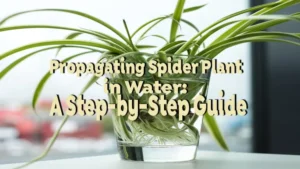











Leave your comment